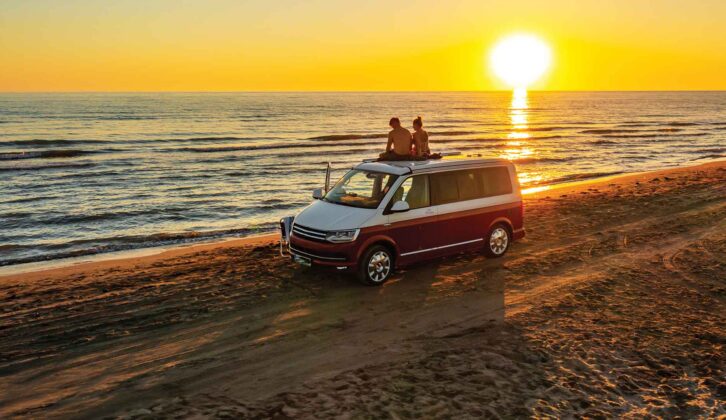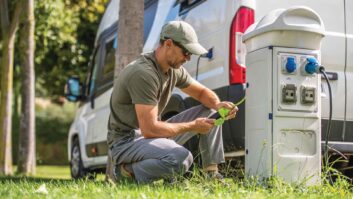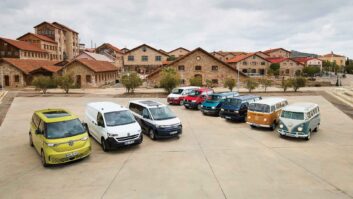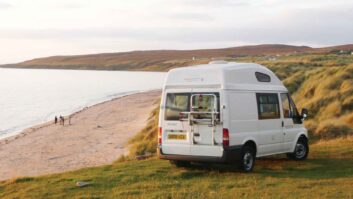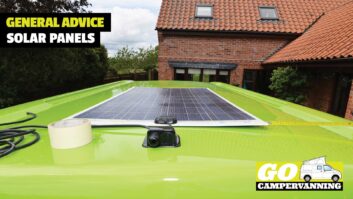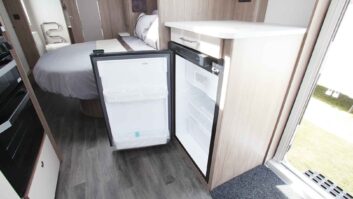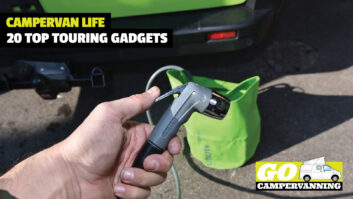Whenever you look at any listing for a caravan park or even a CL, it will almost always have some kind of reference to what size electric hook-up you are likely to find on the pitches there (nowadays usually 10A for basic pitches, and 16A for more sophisticated ones). But do campervans need electric hook-up?
After all, isn’t the whole point of having one of the best camper vans meant to be all about getting up and going, and experiencing freedom on the road? How does always having to link yourself to an external power point fit in with such an idea?
Well yes, you have a point. And that is why, as long as you accept certain compromises and go prepared for them, you can easily travel and stay overnight in a campervan without the need for electric hook-up – and for several days too. And that means you can stay overnight (in theory at least) in far more adventurous places.
That’s because your campervan should come equipped with a leisure battery, and you can run most electrical services off that, except items with a high power consumption, of course (this is where a knowledge of Watts and amps can come in handy).
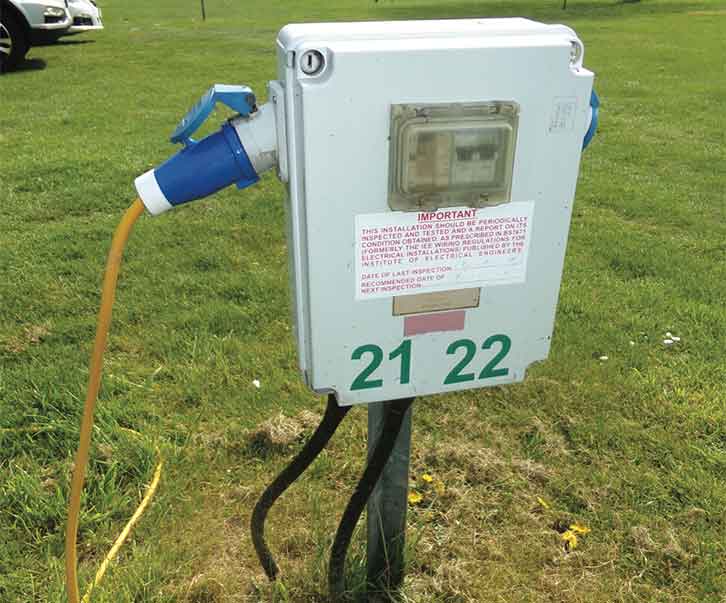
Let’s start with the lighting. Nowadays most campervans are wired so that a fair bit of the lighting (sometimes pretty much all of it) runs on the 12V circuit, and so can run off your battery.
The same goes for fridges. Most modern campervans now come with what are known as three-way fridges, which means you can run them off mains electricity, your gas bottle or your battery. Both the last two options will obviously still be available without any hook-up.
Running the oven and grill should not be a problem, as the vast majority of campervan ovens and grills still run exclusively on gas. And you will usually find, especially with small campervans, that all the hotplates on the hob are gas too. If there is an electric plate, it will usually require mains.
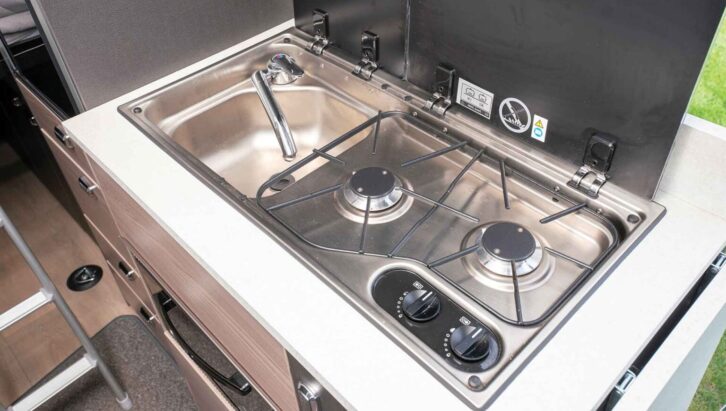
Heating should also not be a problem. The standard Truma or even Alde heaters you find in larger campervans have an option for you to run them on gas only – the campervan often warms up more quickly if you do. Just be aware that you will use up your gas bottle much more quickly this way if you keep the heating on for extensive periods.
In any case, more and more campervans these days are run on heaters powered by the diesel in your fuel tank, and they will obviously keep on running. (Just bear in mind that diesel heaters tend to be noisier, so if you want to go off-grid for total peace and quiet you may not get that.)
You obviously won’t be able to use any mains sockets (the three-pinned variety) you may have in your campervan. But that is one of the reasons why you should find at least one 12V socket inside. You can get a special TV for a motorhome to run off that, if you really need a TV when you are out in the open. Most USB ports are also on the 12V circuit.
In any case, if you really feel you do need mains electricity when you are off-grid, that is possible. You should obviously already have a charger within your campervan. You can also get one of the best portable power stations for a campervan or rely on something called an inverter.
Without going into too much technical detail, these devices effectively convert a 12V DC current back into a 240V AC current. They do have their disadvantages, however. They tend to be very expensive, take up a lot of room (including the space you need to leave empty around them), and are often very heavy, so they can eat into your payload.
So you should probably only consider acquiring such equipment and taking it with you if you really, really think you are going to need it. Even without an inverter, you will find the off-grid, 12V, leisure battery-powered life is perfectly achievable. Just make sure you do enough relatively long rides to keep the battery topped up. But then you probably would do that anyway.
Don’t miss what we had to say when we answered “can you use an air fryer in a campervan?” either, where we talk you through the crucial considerations.
Lead image: Getty Images
Future Publishing Limited, the publisher of Practical Motorhome, provides the information in this article in good faith and makes no representation as to its completeness or accuracy. Individuals carrying out the instructions do so at their own risk and must exercise their independent judgement in determining the appropriateness of the advice to their circumstances. Individuals should take appropriate safety precautions and be aware of the risk of electrocution when dealing with electrical products. To the fullest extent permitted by law, neither Future nor its employees or agents shall have any liability in connection with the use of this information. Double check any warranty is not affected before proceeding.
If you’ve enjoyed reading this article, why not get the latest news, reviews and features delivered direct to your door or inbox every month. Take advantage of our brilliant Practical Motorhome magazine SUBSCRIBERS’ OFFER and SIGN UP TO OUR NEWSLETTER for regular weekly updates on all things motorhome related.
